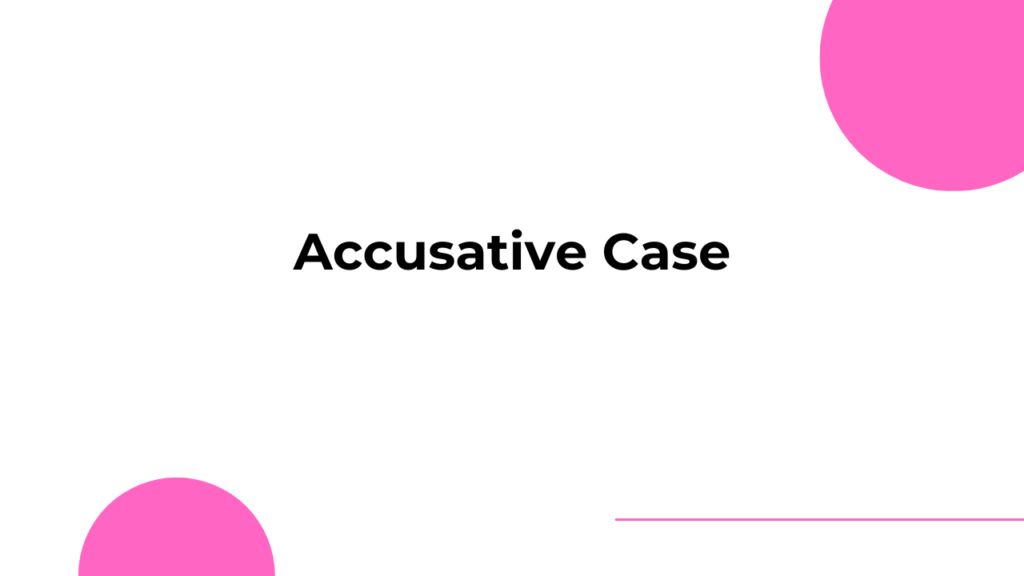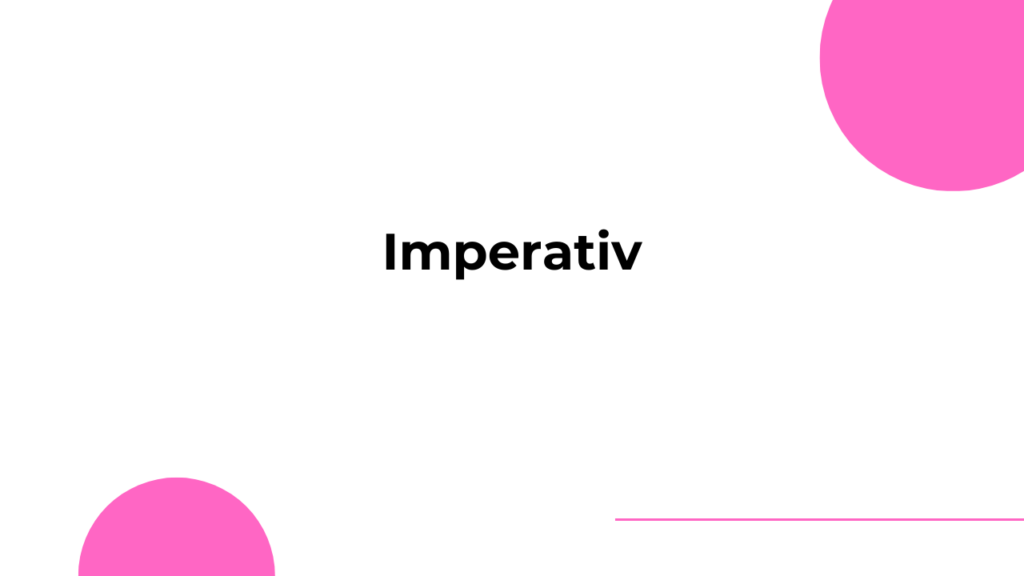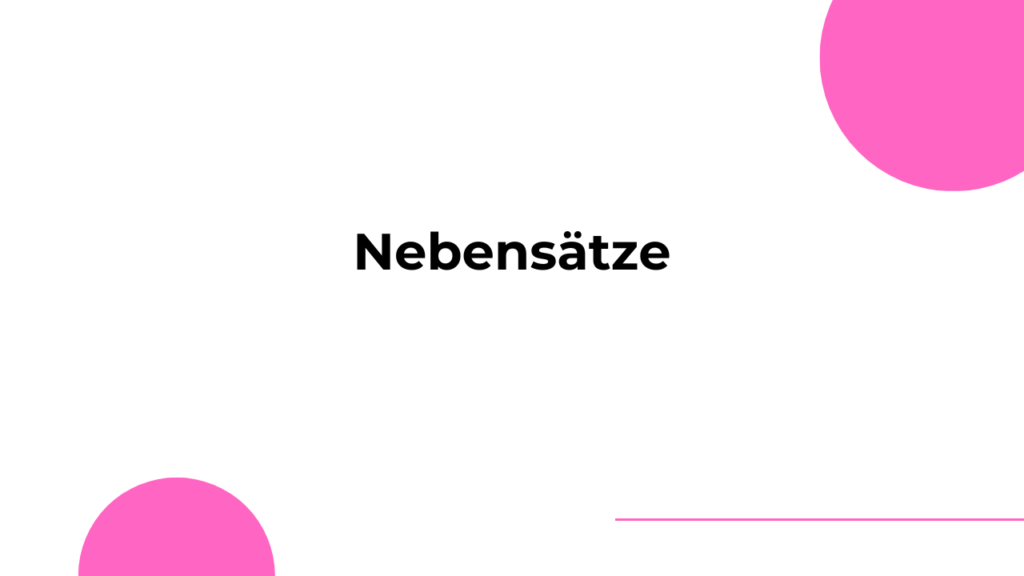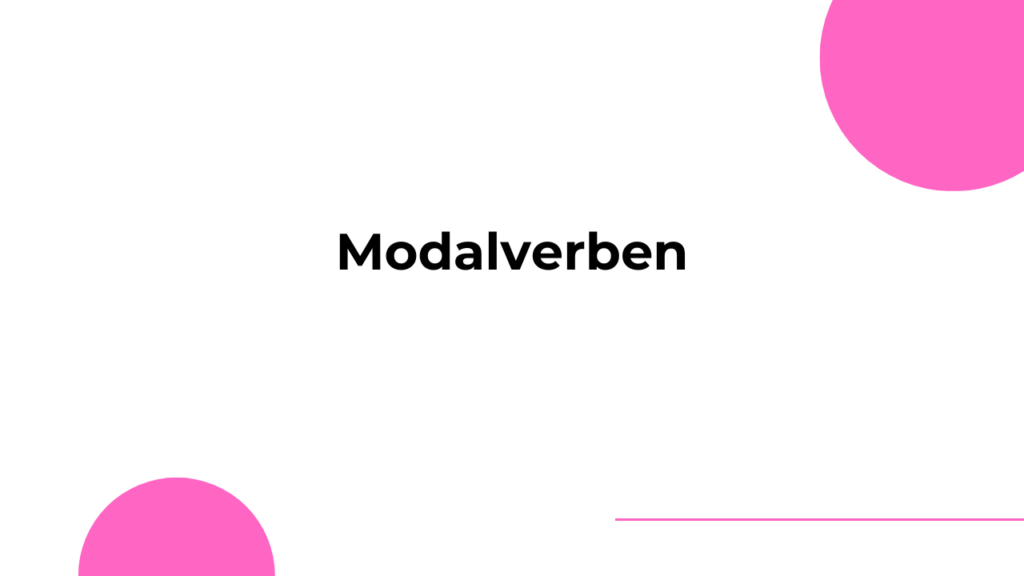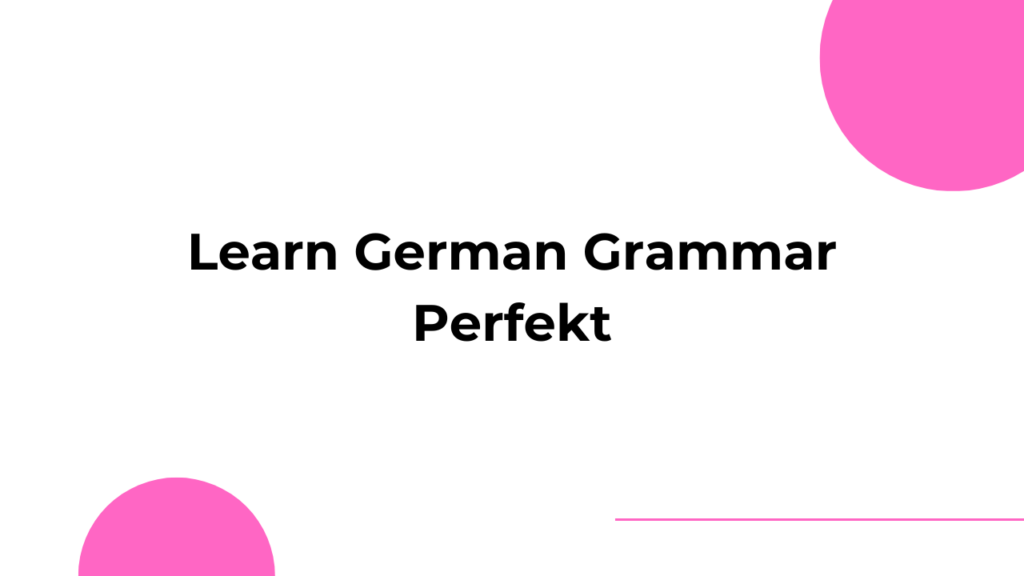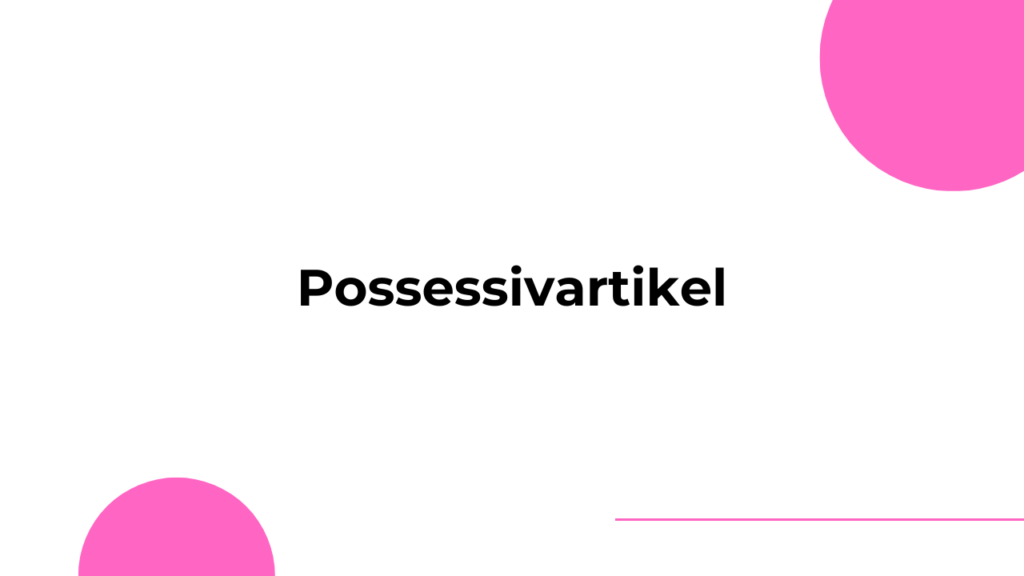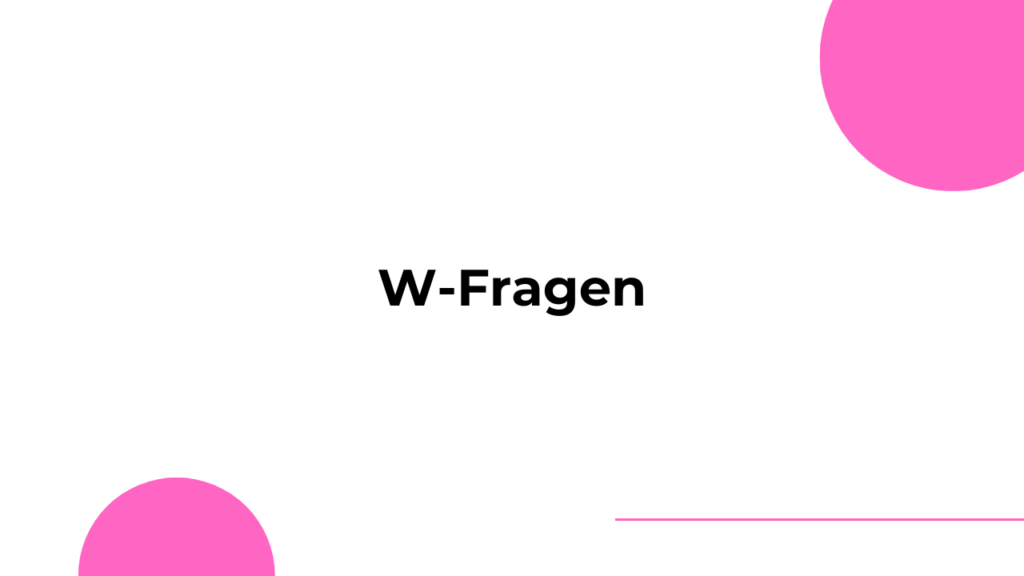Accusative Case
The accusative case is one of the four grammatical cases in the German language. It is primarily used to indicate the direct object of a verb, which is the person or thing that directly receives the action of the verb. In German, the direct object can be a noun, pronoun, or an adjective. The accusative …

